A: The EEOC guidance allows for an employer to make the COVID-19 vaccine mandatory. Employers who implement a mandatory vaccine will need to consider the various employment laws including ADA, Title VII and the Genetic Information Nondiscrimination Act (GINA). The substantial amount of newly released information released by the EEOC concerning mandatory vaccinations addresses the various employment laws to consider when mandating COVID-19 vaccinations. The information can be found on the DOL’s website under What You Should Know About COVID-19 and the ADA, the Rehabilitation Act and other EEO Laws.
If your workforce is covered by a collective bargaining agreement (CBA), required vaccinations may need to be bargained with the union before such a policy can be implemented. Employers should consult with legal counsel when implementing a policy that mandates vaccinations. Considerations in creating a policy may include the following points:
- Type of vaccinations required and the time frame to receive a vaccination
- Requirements for proof of vaccination
- Whether the vaccines will be covered through their health insurance when applicable
- Reimbursement method for vaccines for employees who may not have coverage through insurance
- For offsite vaccinations, scheduling time off with managers to receive vaccinations during work hours
- Reasonable Accommodations for exemptions due to medical or religious reasons and a waiver request form
The ADA and EEOC has included in their newly released resources, the employer’s responsibility when employees are unable to be vaccinated due to a medical reasons or religious beliefs. These issues are addressed in FAQ K.5 and K.6.
Employers are encouraged to review the information on the DOL’s website under “What You Should Know About COVID-19 and the ADA, the Rehabilitation Act and other EEO Laws“.







